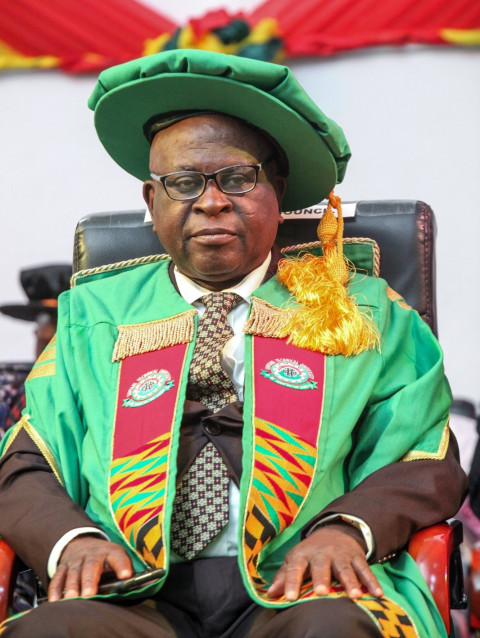Story by Christopher Tetter
The Land Use and Spatial Planning Authority (LUSPA) is advocating for a national policy framework to compel Metropolitan, Municipal, and District Assemblies (MMDAs) to prepare long-term district-level spatial development plans.
According to LUSPA, such a framework, when integrated into district budgets, would ensure effective implementation and support national policies for orderly and coordinated infrastructure development across the country.
Speaking to the media, Planner Mrs. Patience Osei-Nyarko Puorideme, Acting Regional Director of LUSPA in the Upper West Region, emphasized the importance of proactive spatial planning. “As government pushes for every district to operate a 24-hour economy market, having well-prepared, forward-looking spatial plans would have made it easier to identify suitable market locations,” she said.
She stressed that district-level spatial plans not only align with national development goals but also harmonize spatial activities, enabling the country to prioritize projects with the greatest socio-economic impact. Furthermore, she noted that such planning could help mitigate climate change effects and contribute to the achievement of UN Sustainable Development Goals (SDGs) 3, 9, 11, and 13.
Pln. Osei-Nyarko Puorideme expressed concern that many district development plans in her region are outdated and incompatible with current urban structures, due to the lack of prioritization of spatial planning at the national level. “Ideally, every Assembly should have a spatial development framework and structure plans for key parts of cities or towns,” she said, explaining that this would empower spatial planning departments to function effectively.
In the Upper West Region, however, only four out of the 11 districts currently have spatial development frameworks. She stressed that a national mandate is essential to ensure spatial planning plays its role in building resilient cities.
On operational challenges, Pln. Osei-Nyarko Puorideme highlighted the lack of essential logistics—including vehicles, motorbikes, computers, and office supplies—which hampers the department’s ability to conduct fieldwork and carry out daily operations.
She appealed to the government for more support: “Our officers need to be on the ground to monitor developments, but without the necessary resources, our work is seriously affected.”





